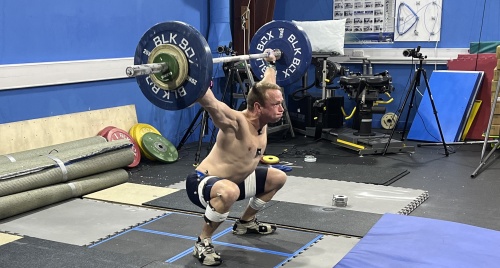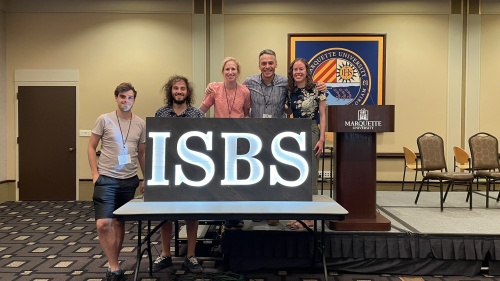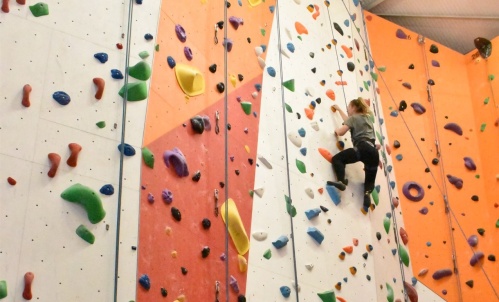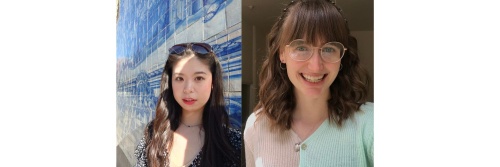Spotlight on Anca Salagean
Research
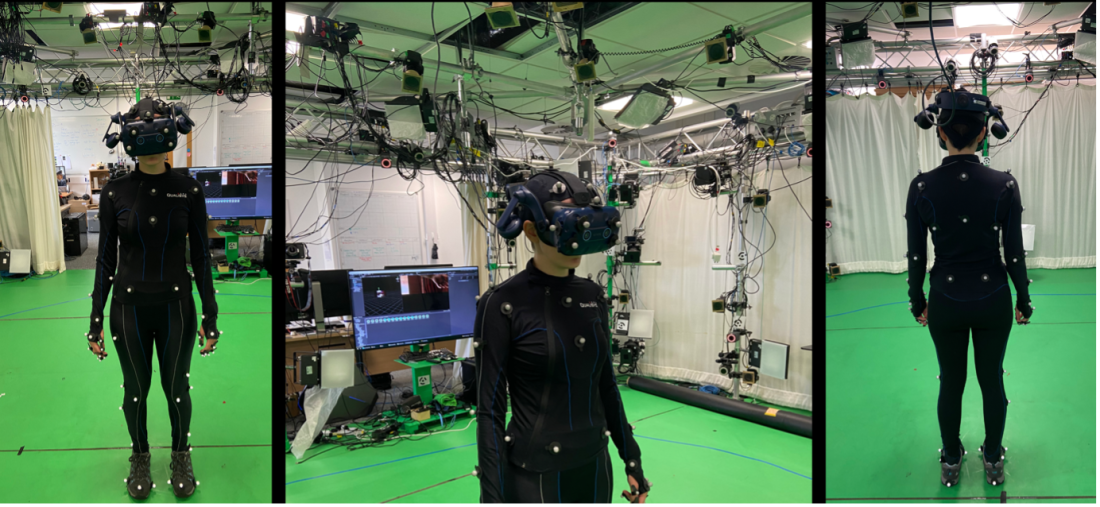
As our work with Bristol + Bath Creative R+D comes to a close we wanted to take a closer look at one of the research projects involved. PhD researcher Anca Salagean has been working on a multi-disciplinary project investigating embodiment and perception of personalised avatars in VR.
Anca’s PhD is supervised by Prof Danaë Stanton Fraser (Department of Psychology) and Prof Darren Cosker (Department of Computer Science), and has been part of Bath + Bristol Creative R+D, a part of the Creative Industries Clusters Programme, funded by UKRI and AHRC. Her research has been conducted with support from the CAMERA studio and the CREATE lab, thus bridging the two departments and fostering a fruitful collaboration. Her PhD investigates embodiment and perception of personalised avatars in VR.
Anca’s research relies on photogrammetry (the avatar production pipeline developed at CAMERA), motion capture technologies and a mix of physiological (heart rate and skin conductance responses) as well as behavioural and cognitive (facial self-identification, reaction times, propensity to lie) and qualitative measures (in-depth interviews). She is interested in how embodiment, avatar perception, behaviour and presence in VR change, after repeated exposure to high photorealism personalised avatars. This has never been investigated in a large-scale longitudinal experiment before.

We asked Anca to tell us a bit about her time working with CAMERA.
“Despite the pandemic, I managed to stick to my original plans to conduct four study iterations with the personalised avatars (albeit almost two years later).
In the first study iteration, we found that overall, avatar photorealism and personalisation were perceptually positive features that led to increased embodiment and self-identification with the avatars. My paper based on this study was accepted for presentation and publication as part of the ACM Conference on Human Factors in Computing Systems (CHI 2023) in Hamburg.
The following three studies focus on more complex behavioural effects of personalised avatar embodiment. More specifically, I am interested in how avatar personalisation and motor control could influence deceptive behaviour (likelihood of lying and physiological reactions while lying in a card game paradigm) and moral decision-making in an autonomous car virtual dilemma building on well-established experimental paradigms like the trolley problem.
At the moment, the next step is completing the write up of my PhD thesis and I am very excited for what the future holds after my PhD.
The collaboration with the CAMERA studio staff has truly been one of the highlights of my PhD. They have been incredibly supportive (and patient, especially when technical issues arose) and have really made me feel like part of the team. The facilities I had access to, such as photogrammetry and motion capture equipment, were excellent and, in combination with the expertise of the team, made my PhD work possible. Overall, I learnt lots from the studio team, and I am very grateful that I got to collaboratively employ the advanced technical facilities at CAMERA to bring my research plans to completion.”

